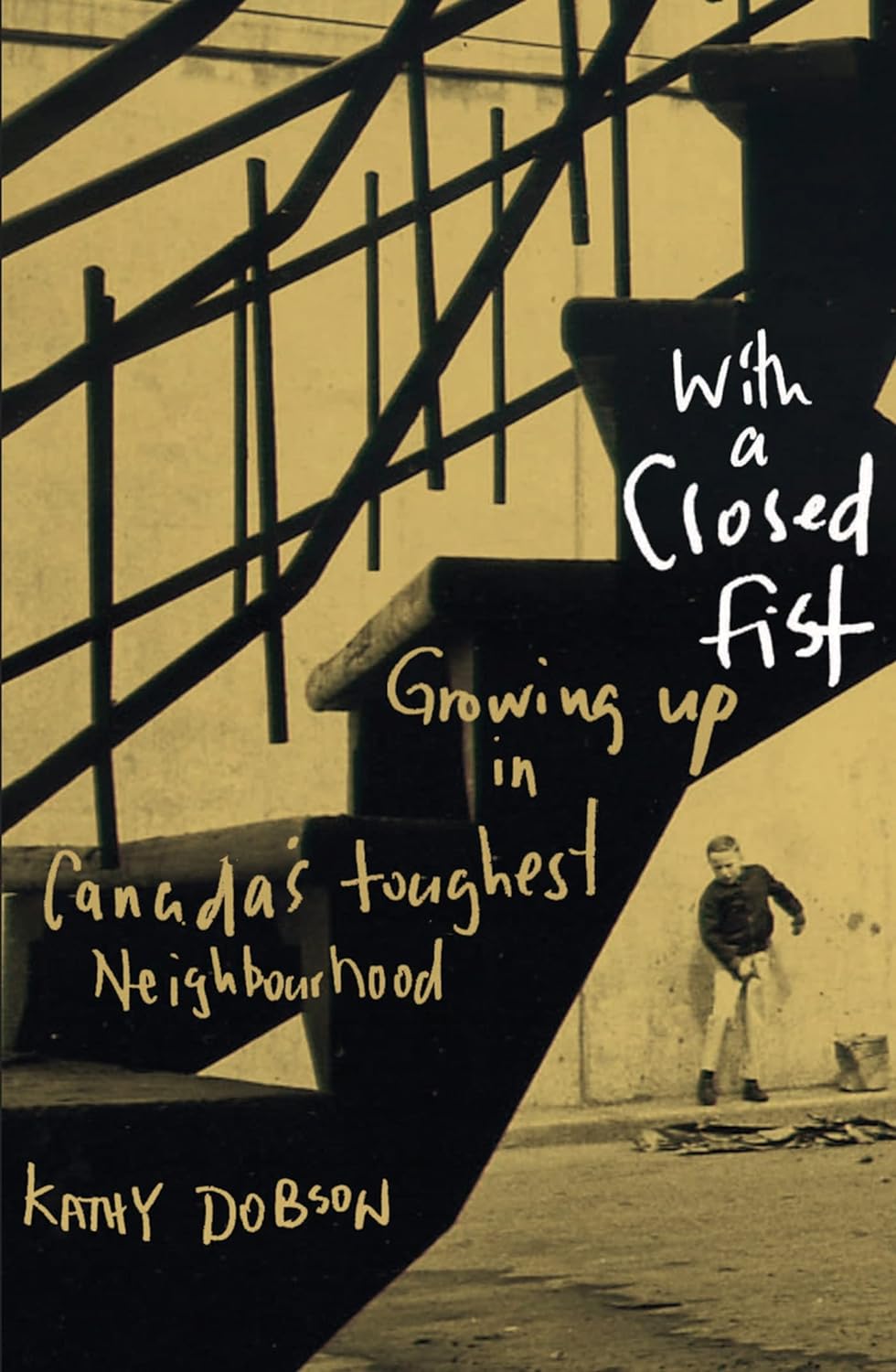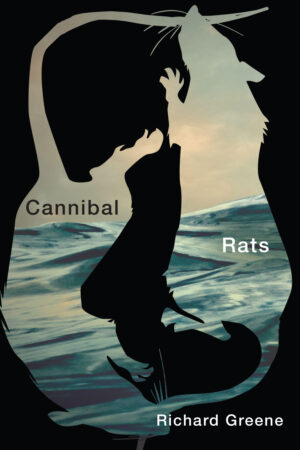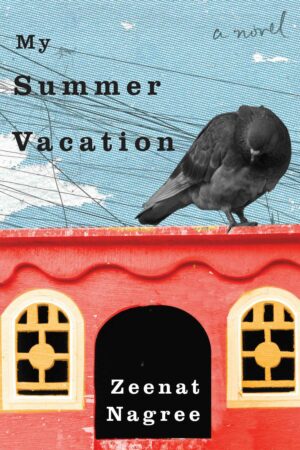With a Closed Fist: Growing Up in Canada’s Toughest Nighbourhood
Price range: $10.95 through $19.95 CAD
Publication Date: October 1, 2011
224 pages
8.5 x 5.5 Inches
ISBN: 9781550653236
|
Trade Paperback $19.95 CAD |
|
|
Ebook $10.95 CAD |





